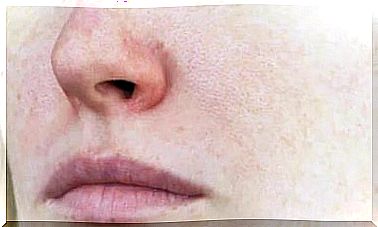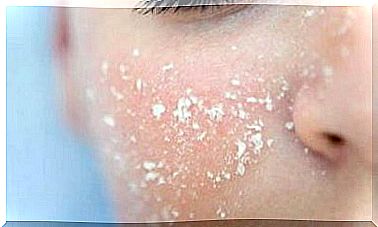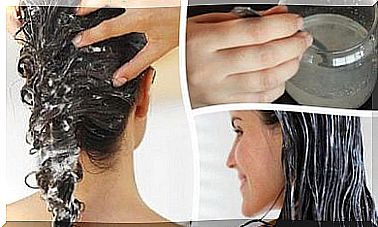Doctor’s Skin Care Tips

Beautiful skin is healthy skin. The skin needs special care to look flawless. In the next interview, dermatologist Rocío Gil Redondo talks about this interesting topic. Let’s listen to the doctor’s advice for skin care!
The largest organ of the body
The skin is the largest organ of the body. It is almost 2 meters long and performs basic functions: protecting the body against sunlight, temperature and bacteria and maintaining hydration. The skin allows people to feel and experience; it is an extraordinary sensory channel that requires daily care.
Everyone dreams of flawless skin, because its appearance is synonymous with beauty. So, many people are looking for the latest treatments to maintain their youth, elasticity and skin radiance. But skin health is not just about physical appearance.
Atopic dermatitis, rosacea, acne, moles… Many skin conditions require proper care. Skin care mainly involves protection and prevention. Remember that sun exposure is one of your skin’s worst enemies. Skin cancer and premature aging are associated with sun exposure.
Doctor’s advice for skin care: interview with Rocío Gil Redondo
Dr. Rocío Gil Redondo has a degree in medicine from the University of Alcalá and specializes in dermatology at the University Hospital of Guadalajara. He works in various medical centers, teaches courses and holds conferences.
From his dermatological experience, he can tell us that there are no magical remedies. The most important thing in most cases, such as acne or other skin conditions, is the proper knowledge of the skin. Aspects such as sunscreen, cleaning rituals and wearing the right makeup should never be ignored.
Also, the regular check of moles that have been on the skin for a long time or of the new ones that you noticed after last summer goes beyond the aesthetic sphere: it is, first of all, about health and well-being.
Question: We often hear that skin care differs depending on the skin type. What are the main skin types and what should we consider?
There are mainly four skin types: normal, oily, dry and combination. To classify them, you need to consider features such as texture, radiance, flaking… Despite this classification, each skin type may behave differently due to environmental factors, such as weather.
Question: We know that there are more sensitive areas of the skin that need special care. What are these and what can we do to take care of them?
The most sensitive areas are those made of thinner skin, such as the skin around the eyes and lips. To take care of these areas, you need to moisturize them daily with specially designed creams and do not forget to protect them from the sun.
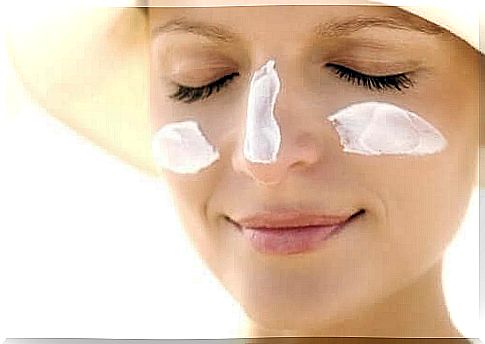
Question: Nowadays, sun exposure is a very worrying issue. To what extent should we consider this factor when it comes to skin care?
The sun is one of the major causes of aging, as it leads to loss of skin elasticity and the appearance of wrinkles, unwanted pigmentation, such as melasma or solar lentigines (solar lentigo) and vasodilation, especially in the neck and chest.
More important than that is the risk of developing skin cancer, which may require surgical removal with subsequent cosmetic consequences, in addition to the increased risk of mortality in the case of certain types of skin cancer, such as melanoma. .
Question: Why is it so important to exfoliate and moisturize our facial skin?
Facial cleansing is important because it removes dirt from the environment deposited during the day, as well as traces of makeup. Hydration is important for maintaining the texture of the skin and for meeting its needs, depending on the type of skin.
Exfoliation helps to remove the cells of the stratum corneum, the most superficial layer of skin, which the body removes naturally in a few days. Therefore, I recommend exfoliating if necessary, such as skin prone to clogged pores or skin with an irregular texture. I do not recommend it in case of sensitive skin that is prone to irritation.
People with acne-prone skin should avoid makeup and comedogenic creams to eliminate the risk of possible lesions.
Question: There is a growing concern about preventing skin aging. Can you tell us a bit about the most innovative treatments that rejuvenation clinics offer?
One of the most innovative treatments is biophotonic therapy, a treatment that uses fluorescent light to stimulate collagen production and relieve fine wrinkles and acne scars. This treatment reduces pore size and improves skin texture and overall quality.
Also another innovative treatment is radiofrequency, which warms the deep layers of the skin to stimulate the production of collagen and elastin fibers, improving the appearance of the body and face.
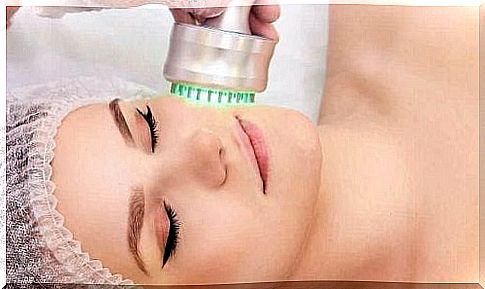
Question: Can you give us some information about atopic dermatitis? We know that it is a very common skin disease, which mainly affects newborns. Also, what causes it to appear?
Atopic dermatitis is one of the most common reasons why children are taken to a dermatologist. Between 10 and 20% of children under 10 can be affected by this disease.
Atopic dermatitis can even affect the quality of life and sleep in moderate and severe cases. This condition is caused by a change in the skin’s natural protective barrier, there is a genetic predisposition and it can also be triggered by environmental factors. There is an inflammatory process that causes redness, itching and flaking.
Question: In the end, can you tell us what are the most common reasons why people resort to dermatological consultation?
Some of the most common dermatological consultations are for acne, rosacea, seborrheic dermatitis, moles, psoriasis, atopic dermatitis and viral infections, such as viral warts and molluscum contagiosum. The latter mainly affect children.
I also frequently see precancerous conditions, such as actinic keratosis and skin cancer, especially basal cell carcinoma and squamous cell carcinoma. But they are more common in older adults. That’s why I advise you to always follow your doctor’s advice for skin care!

